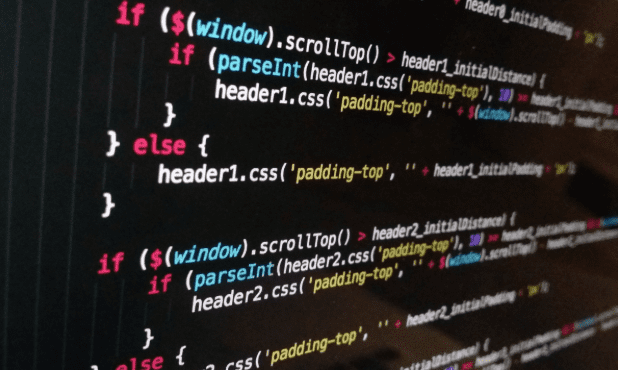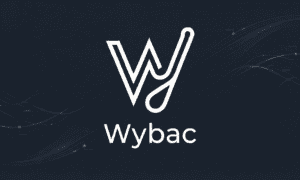Autonomous agents have emerged as the new battleground in the artificial intelligence industry, and they could well jumpstart a mass migration of developers to decentralized models, if Coral Protocol gets its way.
Coral has emerged at the forefront of a decentralized AI movement that aims to provide an alternative to the proprietary AI models of market leaders like OpenAI and Anthropic. Open-source AI models built on shared, community-owned infrastructure are more accessible, they can be customized more easily, and they offer better privacy safeguards than centralized AI systems. That said, many developers consider them to be less sophisticated than the likes of ChatGPT and Google Gemini.
However, the launch of Coral v1 may help to change that perception. It’s a new framework for AI developers that makes it possible to mix and match different AI agents to create more sophisticated tools that can perform a wider range of specialized tasks autonomously.
AI agents are all about automation. They go further than traditional generative AI models, which can only respond to questions. By leveraging the strengths of large language models, they can utilize their natural language capabilities to understand user’s requests and then take actions based on those commands. For instance, they can take control of a web browser and search for hotels, based on the user’s simple request for somewhere to stay in New York City on a specific date, without exceeding their budget of $100 per night.
The exciting potential of agentic automation has led to the emergence of a wave of highly specialized models tailored to perform specific tasks. For instance, there are AI agents that have been customized for data entry, customer support, writing code, responding to emails, deep research and so on.
A system for agentic collaboration
What Coral is aiming to do is to combine the power of these highly specialized agents into what it calls “multi-agent systems” so they can respond to more detailed requests that require several different skills. For instance, by merging a web browsing agent with agents that specialize in research and payments processing, a user could then get it to automate their search for low-cost flights to Africa, make a reservation and then pay for it, all based on a single request.
This is what the Coral v1 framework does, enabling developers to create these multi-agent systems and then unleash them inside their applications. The framework leverages Coral’s AI infrastructure, which is focused on agent-to-agent communication, and allows AI agents to work collaboratively with one another to achieve larger goals, the company explained.
Application builders can use Remote Agents to build multi-agent systems that combine the capabilities of Coral’s family of pre-trained agents with any supported third-party agent. Coral’s framework also incentivizes developers to create their own AI agents and list them within the Coral Registry, where they can be accessed by other users at a cost. The system will keep track of who uses each agent and charge them based on how often they’re used, with payments made in Solana’s native cryptocurrency SOL.
Remote Agents provides significant advantages to developers in terms of flexibility, as the framework is not limited by the rigid functions associated with earlier multi-agent systems. Instead, it supports easily-configurable processes that give developers full control over agent-to-agent interactions, plus the ability to customize each individual agent.
Building the “internet of agents”
Roman Georgio, Coral’s co-founder and chief executive, said Remote Agents is the foundation of an AI ecosystem that allows virtually any task to be automated by combining the expertise of distinct agents. “We’re excited to see how developers harness Remote Agents to develop solutions that raise the bar in terms of what can be achieved on-chain,” he said.
The advantages of creating a decentralized “Internet of Agents” will include lower costs, greater interoperability and more privacy for users, the company believes. It explained that existing multi-agent frameworks are based on centralized models that come with steep computational requirements, making them prohibitively expensive for many users.
Moreover, because decentralized agents are open, developers will be able to gain more visibility into the decisions they make and use this understanding to improve their accuracy. That’s not really possible with AI agents based on centralized models, which are often referred to as “black boxes” due to the proprietary nature of their code.

































